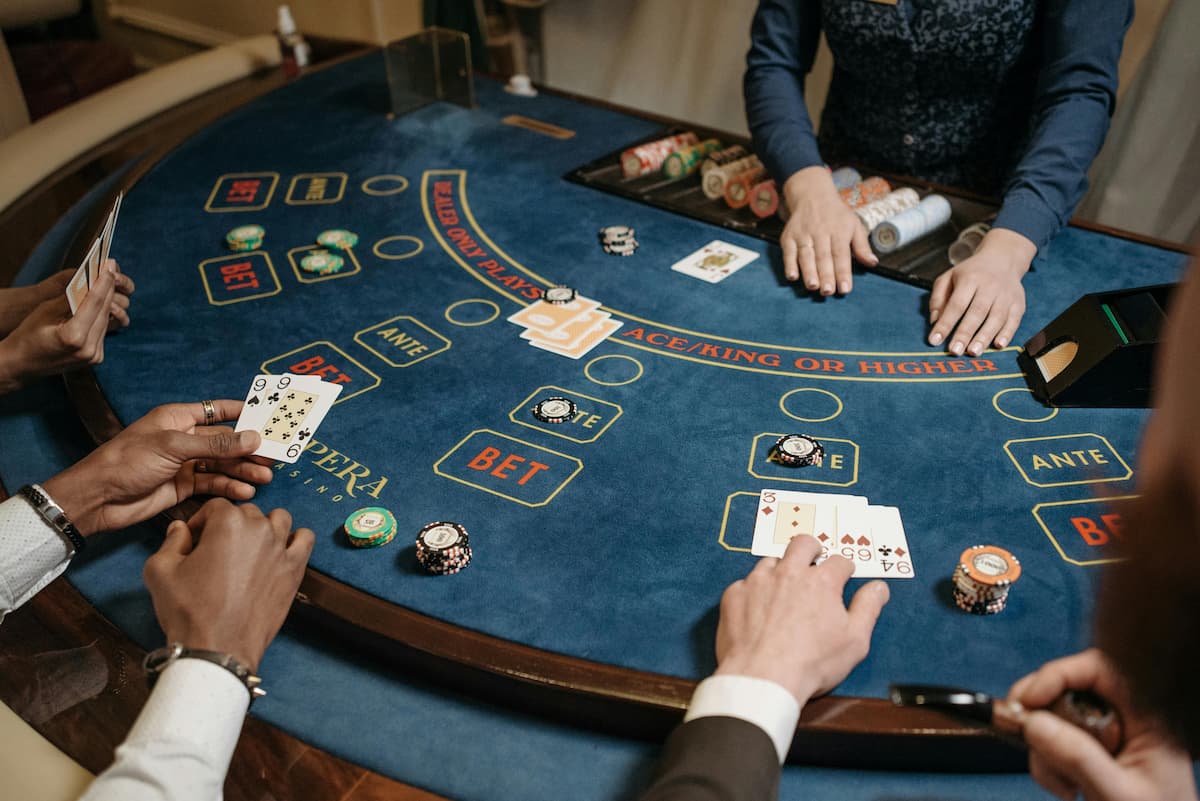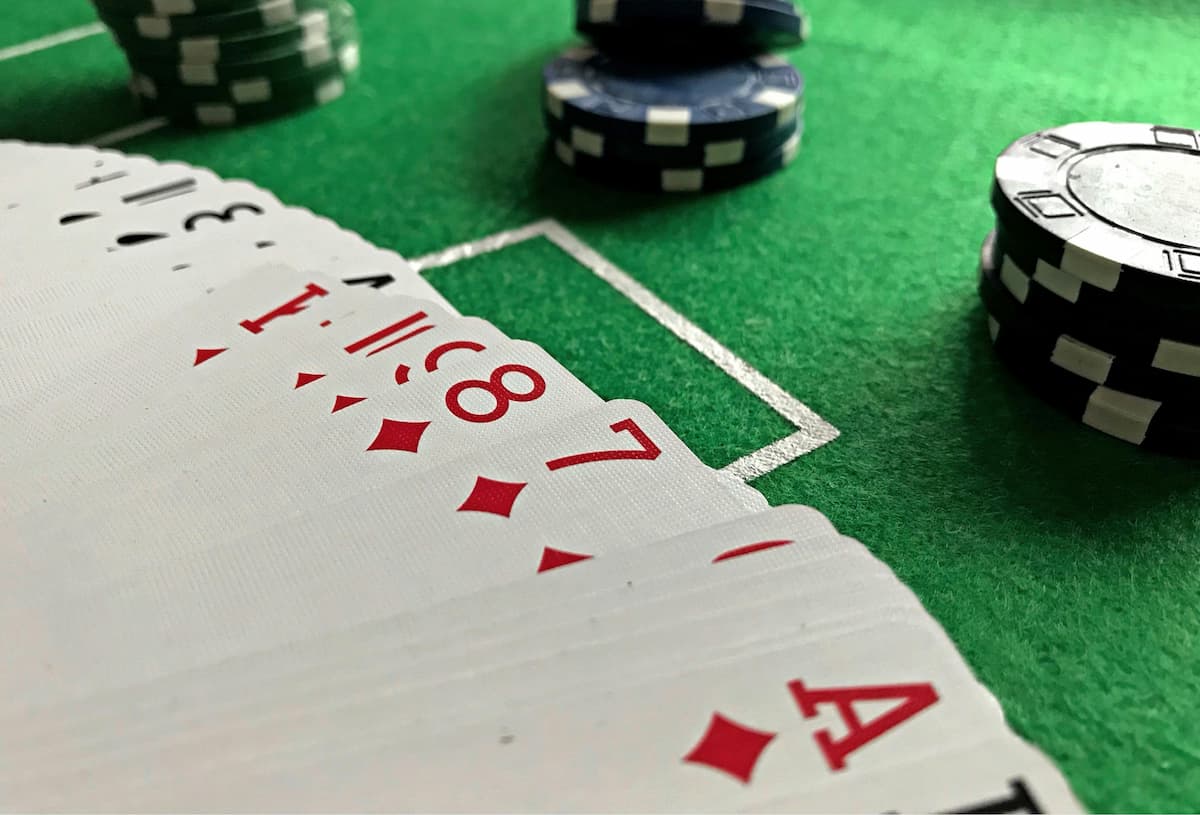How to Quit Gambling?
Gambling is classed as wagering real money where you will have uncertain results. It is not just about betting at casinos and sportsbooks. Betting on the lottery or the horses is also included, among other activities.
For some people, the urge to gamble can become uncontrollable, even when it starts to affect other areas of their lives. It can be very difficult to identify the signs of gambling addiction and take back control.
However, there are ways to stop. In this article, we will look at various ways to stop gambling and provide some valuable resources to help. We also advise you on how you can recognize the signs of gambling addiction.
Introduction to Gambling Addiction
While for many people, gambling can be a harmless source of entertainment, gambling addiction can have serious consequences. The compulsion to gamble can lead to financial difficulties and cause issues with relationships across all areas of your life: with family, partners, or even work.
Those addicted to gambling may be dishonest about their gambling habits or even resort to borrowing or stealing money so they can continue to gamble.
In severe cases, gambling addiction can also lead to suicidal thoughts and negatively affect your overall health.
Recognizing the Problem
To quit gambling, you need to acknowledge the signs of addiction and understand the essential steps to manage it. The sooner you spot the signs, the sooner you can change your behavior and feel better.
According to the American Psychiatric Association, gambling addiction can be identified by the following signs:
- Feeling a thrill when gambling
- Taking more risks
- Using gambling to escape negative emotions
- Feeling guilty or remorseful after gambling
- Reliving and romanticizing gambling experiences
- Increased craving for gambling
- Needing financial support
- Failed past attempts to stop gambling
Once these signs become evident, it’s time to understand how to quit gambling and take charge of your life. Seeking an evaluation from a professional can also be an excellent step towards addressing and managing the issue.
Understanding What Fuels Your Gambling
Before you can overcome a gambling addiction, you must understand your triggers. This includes situations, thoughts, feelings, and behaviors that drive your gambling compulsions. Identifying these triggers is crucial in addressing the root causes of your compulsive gambling.
For some individuals, being in the company of friends with similar habits can act as a trigger. Others may be more prone to gambling when under the influence of substances like alcohol. When a person consumes alcohol or drugs, their inhibitions are diminished. This may lead to increased risk-taking behaviors, including gambling.
Recognizing and documenting these patterns in a journal, including details like the type of gambling, time spent, and money lost, can help you gain insight into the factors leading to your cravings.
Immediate Steps to Cease Gambling
There are some immediate steps you can take to help curb your addiction. The first is to avoid high-risk situations and switch them up with a distraction. For example, if you spend many hours playing at online casinos, you could instead arrange to meet a friend or family member to keep you busy.
Some other distractions can help, like watching a movie, exercising, or even using various mindfulness techniques, such as deep breathing. However, it can be a challenge to keep your mind off gambling, especially if you find yourself near a casino or other high-risk triggers that you associate with your activities. We’ve got a few methods to prevent such scenarios:
- Put self-exclusion measures in place at online gambling sites
- Cancel your credit cards
- Delete all betting site apps from your devices
- Do not socialize in any gambling venues
- Steer clear of individuals, locations, and activities linked to gambling
- Hand over financial control of your money to a trusted person
- Find alternative activities to gambling
Seeking Professional Help
One of the main parts of treatment is to acknowledge your gambling compulsions, which can be a challenge for many people experiencing addiction. Seeking professional help is an important step to combating your urges and will only be effective if you can be honest about your gambling and its impact on your life.
The most popular treatment choice for individuals showing signs of gambling addiction is cognitive behavioral therapy (CBT). CBT identifies harmful and irrational beliefs and works at changing them into positives.
Some professionals also use behavioral therapy, which teaches you skills to limit the urges. For certain individuals, treatment for substance abuse or other issues may be needed to get to the root of their gambling behavior.
Building a Support Network
Once you have identified yourself as someone with signs of gambling addiction, it’s time to talk to those close to you. Opening up to family and friends is a vital part of your recovery and will also take the secrecy out of your gambling addiction.
You can also join self-help groups. Although it is not for everyone, many find talking to people with shared experiences valuable and helpful in overcoming urges. If you are unsure where to find one, ask your doctor or use one of our resource links below. You might find one close to your home that will work around your working hours or even online.
Strategies to Handle Urges
If you feel an urge to gamble, there are some distraction techniques you can use:
- Alternative Activities: Replace your gambling time spent with healthy options. You can find a new hobby, exercise, or spend more time with your friends and family network to focus your mind elsewhere.
- Support Networks: Without any support, it’s a struggle to break the habit. So, find those people you can trust and confide in who will be encouraging and understanding.
- Occupy Yourself: Consider activities that focus your mind, like reading or learning a new skill.
- Writing: Use a gambling diary to record your feelings and actions. It is useful to return to your diary as it will help you identify any gambling triggers and incorporate delaying tactics.
Recovery and Maintaining Control
Once you have stopped gambling, there are a few things to be mindful of to help you stick to your plans. Set realistic goals for yourself and monitor your progress. Each day that you don’t gamble is a step towards recovery. Don’t be hard on yourself; take it one day at a time.
If you do have a lapse, it does not mean you should continue gambling and that your recovery is over. Instead, use it to identify your trigger and how you can avoid it in the future. It is hard to stop gambling, but you can do it.
If your triggers are when you are sad, angry, or even anxious, stick to your plan, however challenging it may be. Continue to retain a positive outlook and think about what you have already achieved.
Resources and Help Lines
There are many resources for US residents for immediate help who are showing signs of gambling addiction. Here are a few you can reach out to:
- The National Problem Gambling Helpline: Call 1-800-522-4700. It is available 24/7 in all 50 states and is 100% confidential. It connects you to your local health and government organization that will help you with your gambling addiction. There are also text services at 800-522-4700 and chat services through their website. Click here to visit the website chat page.
- Gamblers Anonymous: Another helpful website made up of problem gamblers who have first-hand experience of how to help. You can click a tab to locate a support group close to you or use one of the hotlines by clicking here to chat with someone straight away.
- Gambling Therapy: Gordon Moody, a UK-based gambling addiction support service, provides online advice and support globally. You might find their online support groups a useful resource to connect with others.




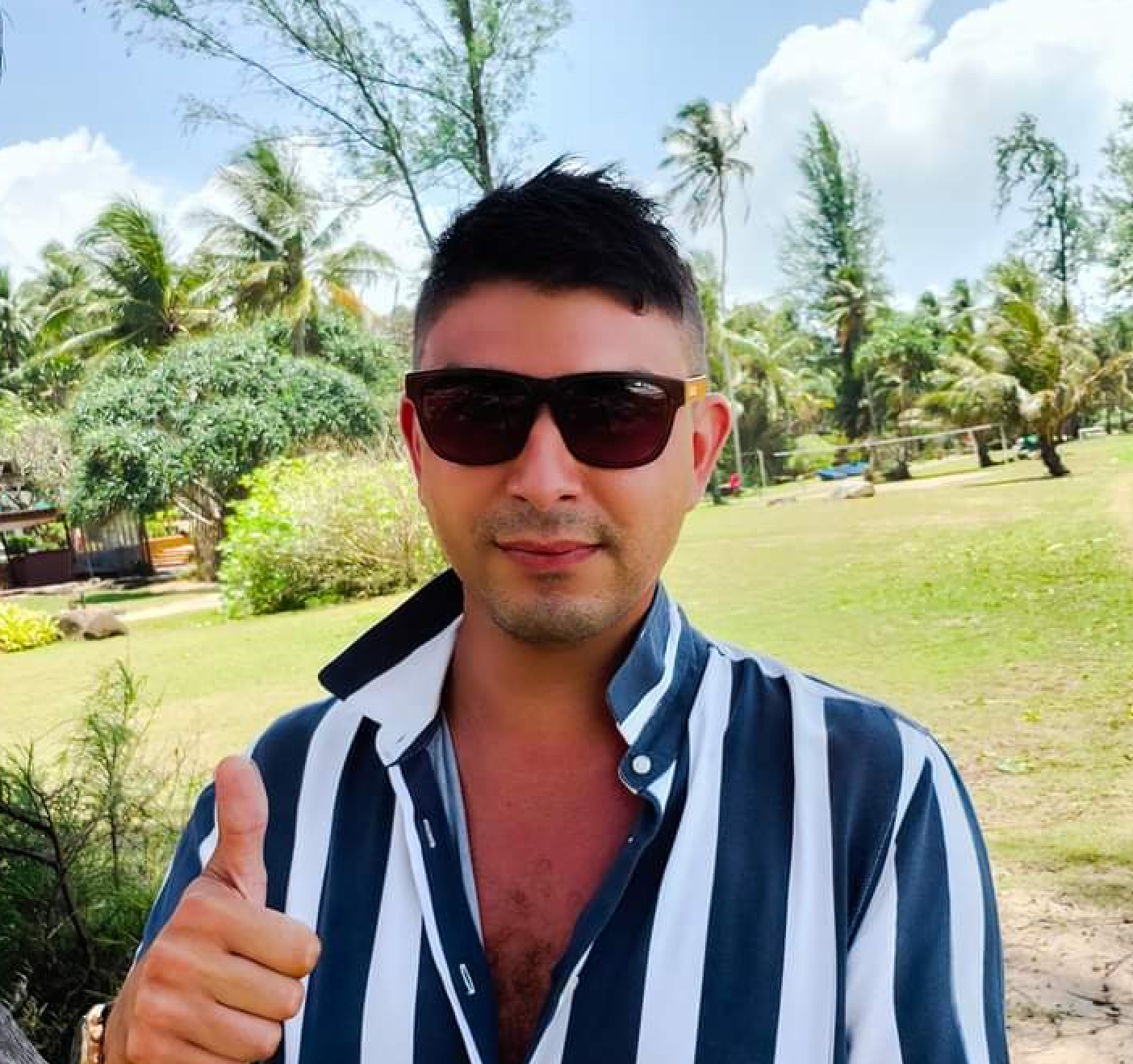

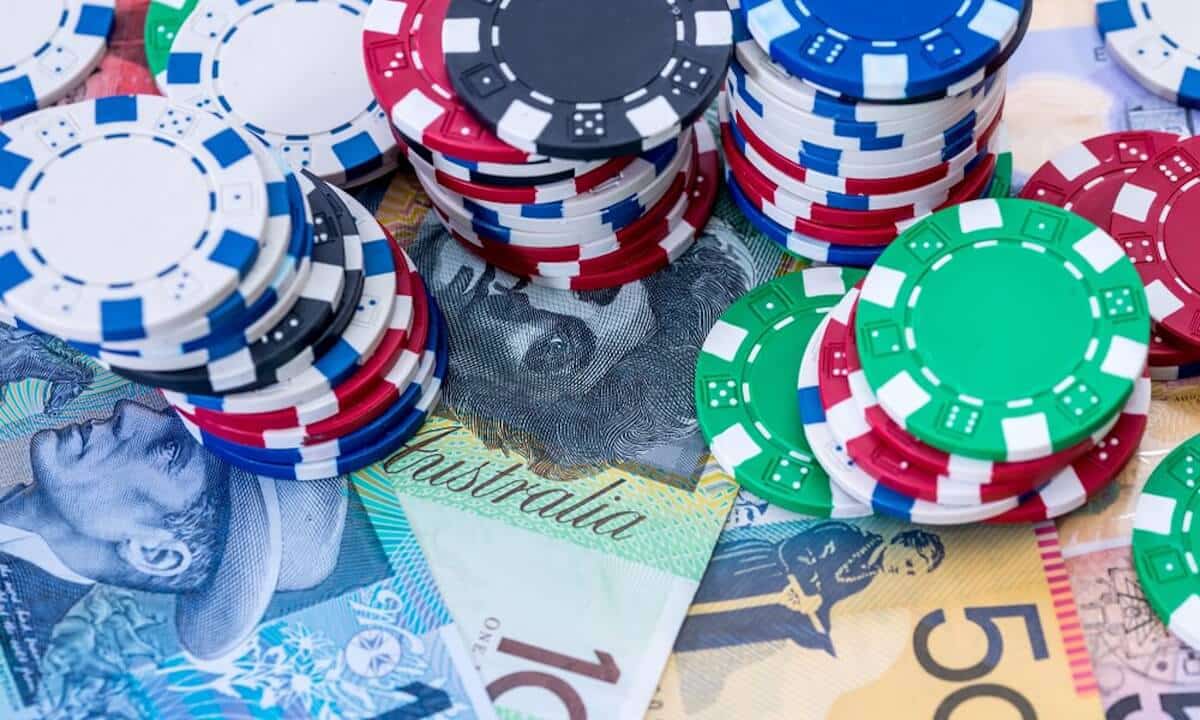
 Sergio Zammit
Sergio Zammit 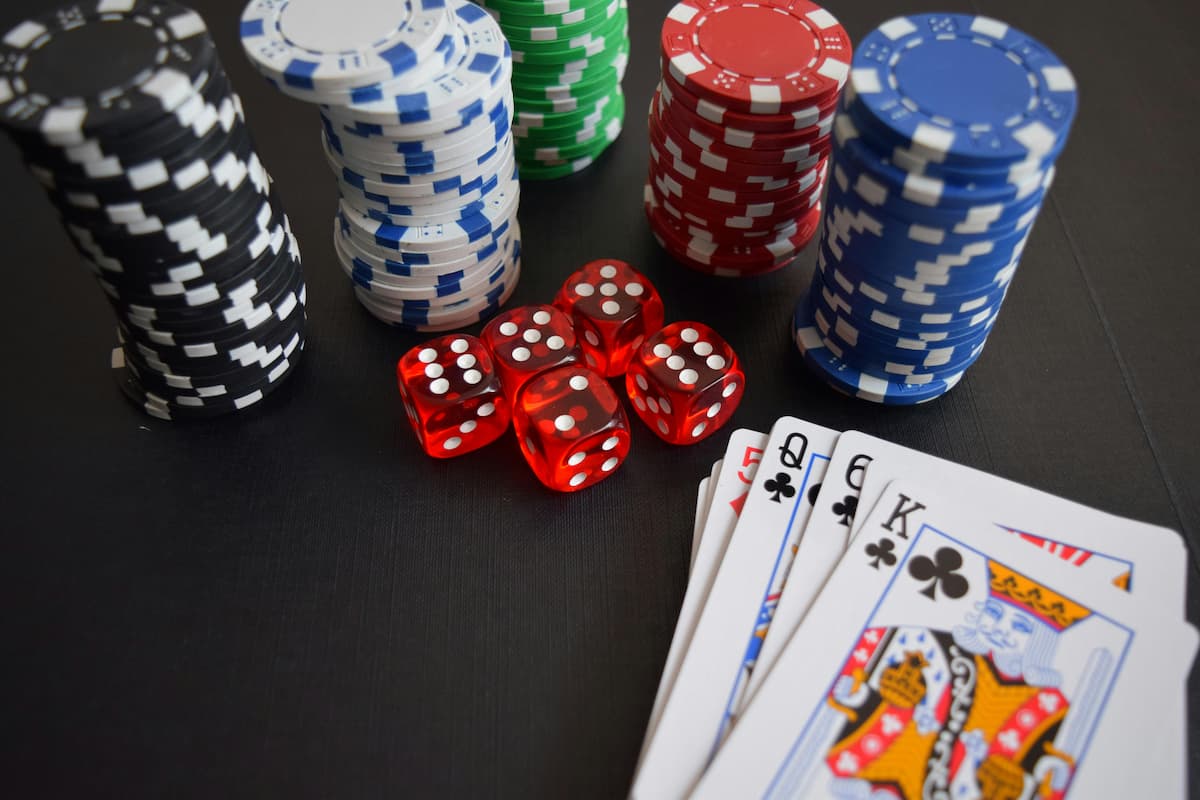
 Nick Pappas
Nick Pappas 